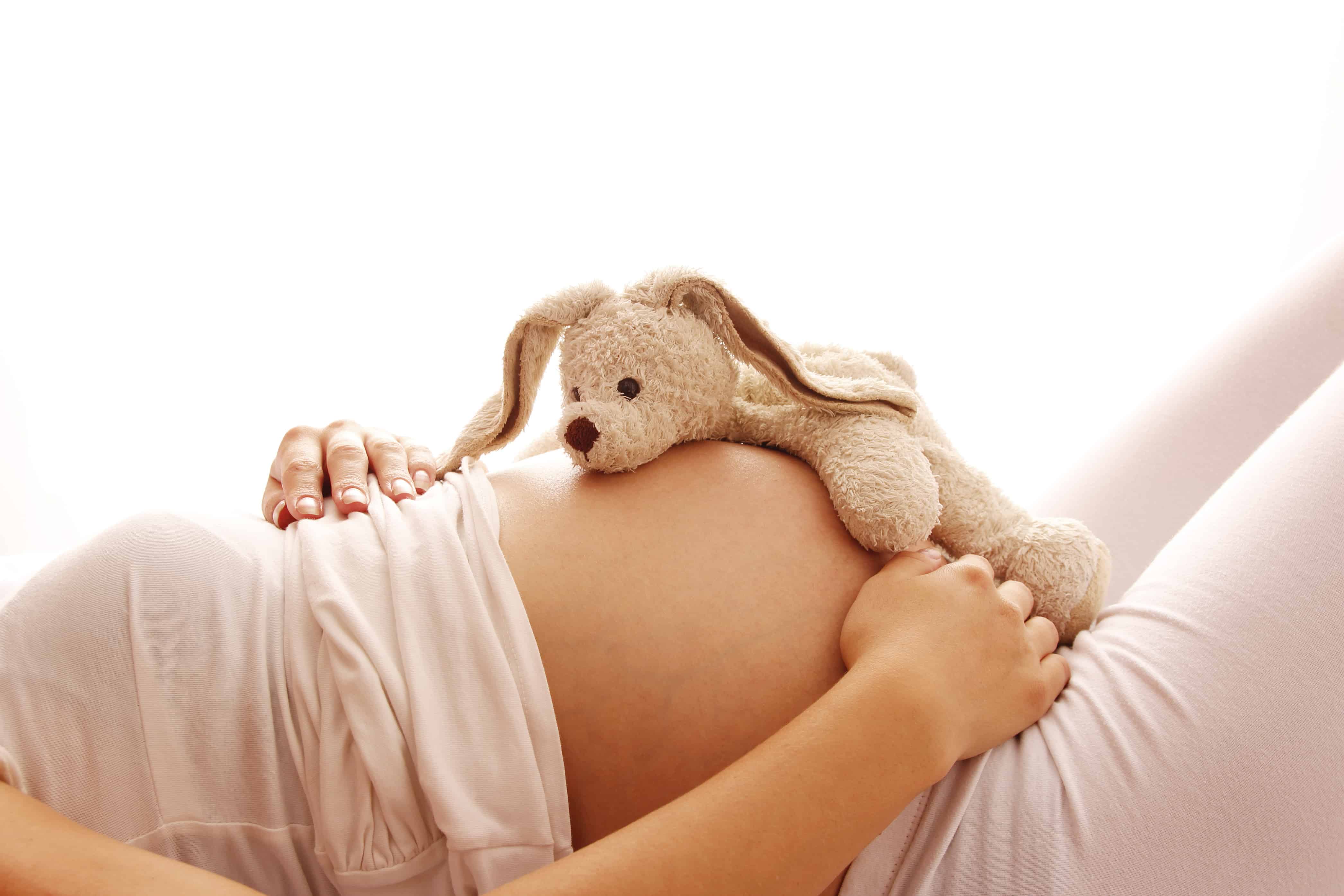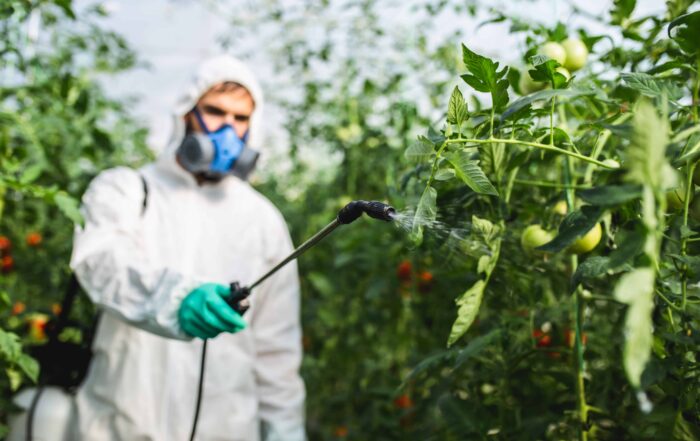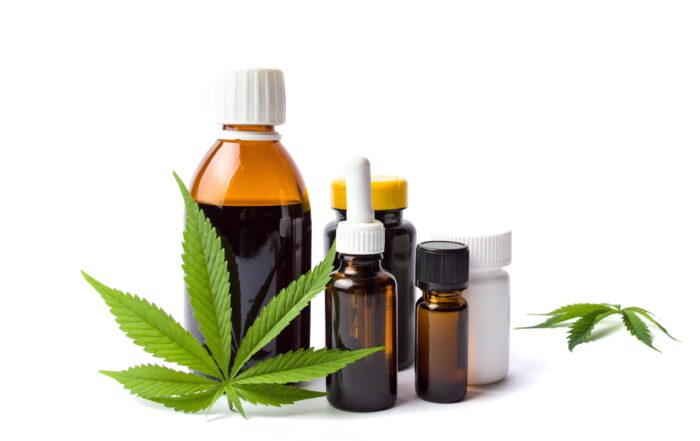A new study suggests that the odds of developing autism may be significantly elevated for children of mothers who experience hyperemesis gravidarum (HG), or severe morning sickness.

Marlena Fejzo and colleagues compared 267 children delivered by 177 mothers with HG to 93 children delivered by 60 mothers who did not experience this problem. At 12 years of age, the children of the mothers with HG had a more than three-fold increase in the odds of having a diagnosis of neurodevelopmental disorder. Eight percent of the children of mothers with HG received a diagnosis of autism spectrum disorder (ASD) by the age of 12, compared to none of the children in the control group.
More studies need on autism link to morning sickness
Researchers say: “As early intervention for ASD can be critical to prognosis, larger studies are urgently needed to determine whether ASD is associated with exposure to hyperemesis gravidarum.”
—
Citations:
“Analysis of neurodevelopmental delay in children exposed in utero to hyperemesis gravidarum reveals increased reporting of autism spectrum disorder,” Marlena Fejzo, Alyssa Kam, Amanda Laguna, Kimber MacGibbon, and Patrick Mullin, Reproductive Toxicology, Volume 84, March 2019, 59-64. Address: Marlena Fejzo, Department of Maternal-Fetal Medicine, Keck School of Medicine, University of Southern California, Los Angeles, CA, [email protected].
This article also appears in Vol. 33, No. 1, 2019, of Autism Research Review International
New research points to alterations in BPA excretion pathway in children with autism, ADHD
Children with autism spectrum disorders (ASD) may have a reduced ability to detoxify the chemical bisphenol A (BPA), according to new research. BPA is an industrial “plasticizer” used in plastic water bottles, food
Animal study adds to evidence of link between pyrethroids and autism
A new animal study adds to evidence that prenatal exposure to common insecticides called pyrethroids may increase the likelihood of a child developing autism or another neurodevelopmental disorder. Melissa Curtis and colleagues,
Prenatal exposure to cannabis may increase likelihood of autism
Cannabis use during pregnancy may alter placental and fetal DNA methylation (the process of turning genes “on” and “off”) in ways that increase the likelihood of autism spectrum disorder (ASD) or other




